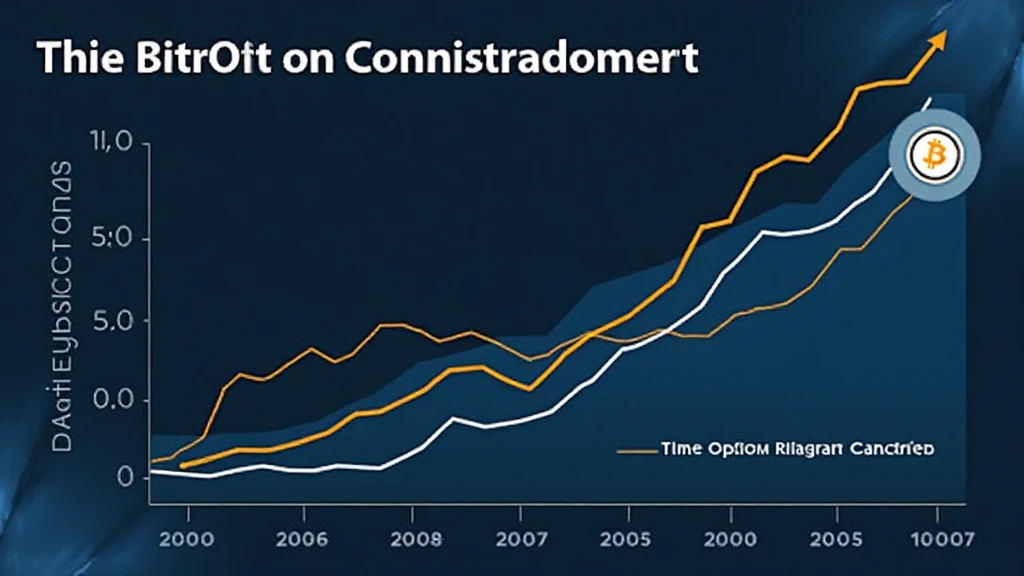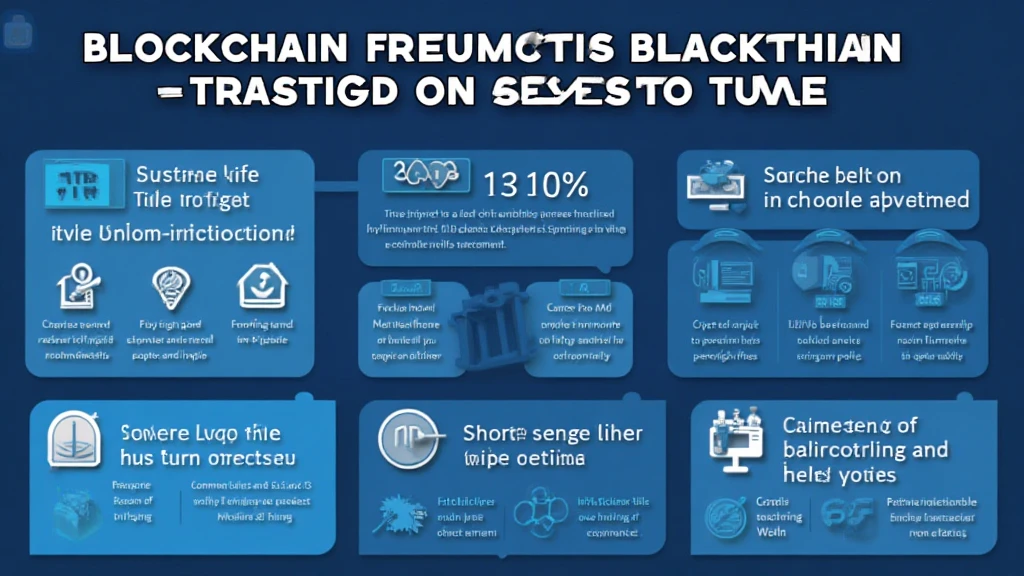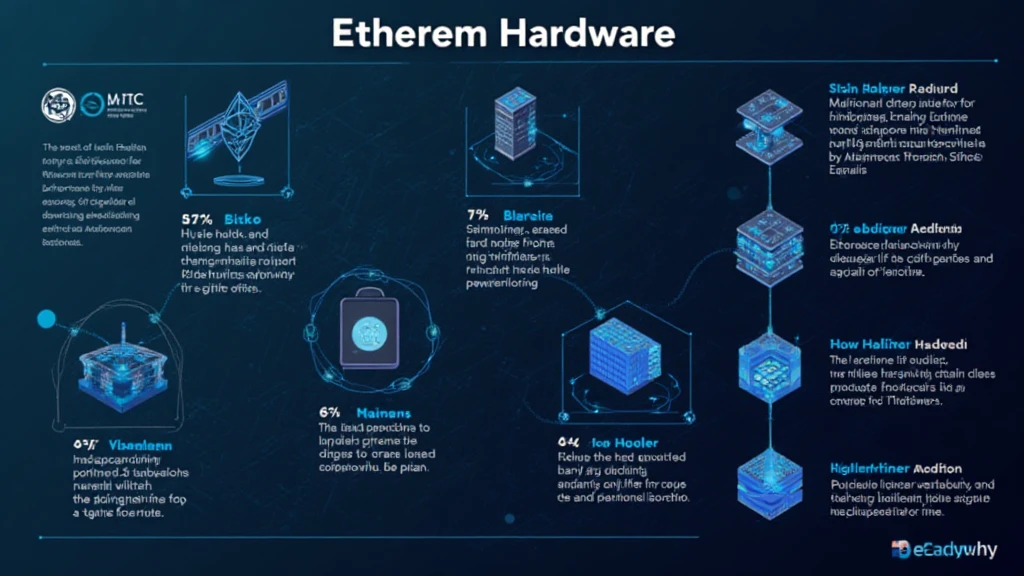Understanding Bitcoin Transaction Confirmation Time
In 2024, the cryptocurrency world faced significant challenges, including $4.1 billion lost to DeFi hacks. As users flock to blockchain technologies, understanding transaction mechanics like Bitcoin transaction confirmation time is crucial. This knowledge not only aids investors but also promotes a secure digital economy. In this article, we’ll dive deep into Bitcoin transaction confirmations, exploring what they are, their importance, and the factors affecting them.
The Basics of Bitcoin Transactions
Before delving into confirmation times, it’s vital to understand how Bitcoin transactions work. When a user sends Bitcoin, a transaction is created and broadcast across the network. Miners pick up these transactions, bundling them into blocks, which are then added to the blockchain through a process known as mining.
- Each block has a limit on the number of transactions it can contain.
- Transactions are placed in a queue until miners confirm them.
- Confirmation indicates that the transaction is valid and included in the blockchain.
What is Transaction Confirmation Time?
Bitcoin transaction confirmation time refers to the duration it takes for a transaction to be verified and added to the blockchain. On average, Bitcoin transactions can take anywhere from 10 minutes to several hours based on network conditions.

Why is Confirmation Time Important?
- It impacts the user experience: Longer confirmation times can lead to frustration and deter potential users.
- It affects transaction fees: Higher demand for transactions can lead to increased fees as users compete to have their transactions prioritized by miners.
- Security: Transactions with fewer confirmations can be more susceptible to double-spending attacks.
Factors Influencing Confirmation Times
Here’s a breakdown of the key factors that affect how long it takes for a Bitcoin transaction to be confirmed:
1. Network Congestion
When many transactions occur simultaneously, the Bitcoin network can become congested. During these times, miners prioritize transactions that pay higher fees, leading to delays for lower-fee transactions.
2. Transaction Fees
Users can attach fees to their transactions. Higher fees incentivize miners to process those transactions faster. Therefore, understanding the current fee market is essential for timely confirmations.
3. Block Size Limitations
The Bitcoin blockchain has a maximum block size of 1MB, which limits the number of transactions processed in each block. This limitation can lead to delays in confirmation times, especially during periods of high activity.
4. Confirmation Requirement by Recipients
Different wallets and exchanges may require a varying number of confirmations before considering a transaction valid. Some may accept a transaction after one confirmation, while others may require six or more.
Real-World Implications of Confirmation Times
Understanding the practical implications of transaction confirmation times is crucial, especially for businesses and individuals transacting in Bitcoin.
For Merchants
Merchants accepting Bitcoin must consider confirmation times to ensure they aren’t left vulnerable to chargebacks or double-spending. Real-time processing with Bitcoin can be challenging due to fluctuating confirmation speeds.
For Investors
For those trading Bitcoin, it’s essential to be aware of confirmation times to avoid missing out on advantageous positions. For instance, a sudden price drop may lead someone to sell quickly, but long confirmation times might delay a transaction, leading to losses.
How to Track Bitcoin Confirmations
Tracking Bitcoin transaction confirmations has become more accessible with various online tools and blockchain explorers. These platforms enable users to check the status of their transactions in real-time, providing transparency and reassurance.
- Blockchain Explorers: Websites such as Blockstream.info and Blockchain.com allow users to enter transaction IDs to check their status.
- Notification Services: Services like Satoshi’s Place provide alerts when a transaction reaches a specified number of confirmations.
Conclusion
Bitcoin transaction confirmation time is a critical factor for anyone interacting with the cryptocurrency. Understanding the underlying mechanics, the factors that affect confirmations, and how they influence user experience is essential for both casual users and serious investors. As the Bitcoin network evolves, so too will the strategies surrounding quick transactions and confirmations.
In summary, as you embark on your cryptocurrency journey, keeping an eye on the confirmation time can protect your investments and enhance your experience.
For more insights on cryptocurrency trends, visit allcryptomarketnews. Stay informed and ahead in the ever-changing blockchain landscape.
Your Author: Dr. Emily Rivera, a blockchain security expert with over 15 published papers and a leader in auditing top cryptocurrency projects.






